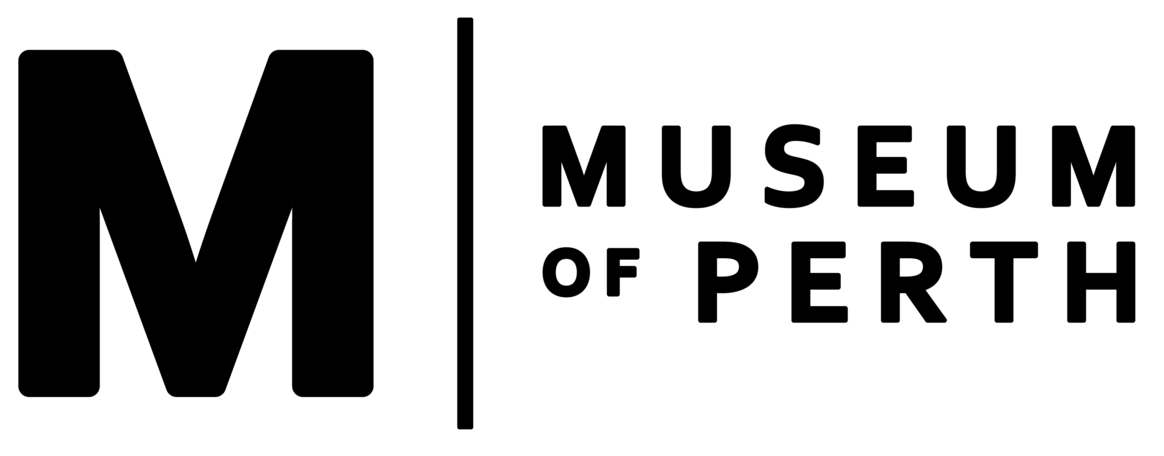Colin Ednie-Brown
Born: 4 November 1894, Strathfield, New South Wales
Died: 3 March 1960, Perth, Western Australia
Occupation: Architect, Town Planner and Military Officer
Hometown: Perth, Western Australia
Colin Ednie-Brown was born in New South Wales but moved with his family to Western Australia as an infant. He studied botany at University of Edinburgh during 1913-1914 but his studies were interrupted with the outbreak of World War I and he returned to WA. Once here Ednie-Brown tried to enlist, and despite being found medically unfit, he somehow still managed to serve.
In 1919 Ednie-Brown was articled to prominent Perth architect Charles Oldham until the latter died in 1920. At his executor’s request Harold Boas took over Oldham’s contracts and his business, and kept his name, which then became Oldham Boas. Ednie-Brown continued his articles under Boas and in 1923 entered into partnership with Boas in Oldham Boas & Ednie-Brown. In 1924 Charles Oldham’s son John, also an architect, began working at the firm.
By the early 1930s the Great Depression was affecting all industry; particularly construction. Along with other struggling architects Harold Krantz and John Oldham, Ednie-Brown established Poster Studios, a small but thriving commercial art business that provided work for another twenty unemployed architects and artists. A regular client was Coles and the firm was kept busy writing price tags. Poster Studios also designed many of Perth’s prominent buildings, with some now heritage listed, including North Fremantle’s Ford Motor Works (later adapted to become Matilda Bay Brewery) and Perth’s Gledden Building.
At the end of the Depression Oldham Boas & Ednie-Brown resumed practice, and one of the first buildings they designed in December 1934 was Gordon Dunleavy’s Adelphi Hotel on the Mill Street corner of St George’s Terrace.
In 1942 during World War II Ednie-Brown (48) enlisted for service once more. He received a commission and was immediately seconded into Intelligence. According to a 2013 biography by Dr John Taylor and Tony Ednie-Brown, he “first commanded the military training camp at Northam and later the elite commando ‘Z Force’ training facility on Garden Island in WA. At the end of hostilities, he was sent as a military intelligence officer with the rank of acting Lieutenant Colonel to Australia’s neighbouring northern islands to assist in the final matters of the Japanese withdrawal.”
Returning to Oldham Boas & Ednie-Brown after the war, he embarked on what would become a practice specialty, in designing upgrades to the facilities of country hotels throughout WA to meet new liquor licensing regulations.
Colin Ednie-Brown continued designing for the next two decades and was still working when he died in 1960, aged 65.
By Shannon Lovelady
Story from Demolished Icons of Perth
Colin Ednie-Brown c1930
Hotel Adelphi (1935-1967)
Emu Brewery (1938-1992)
Colin Ednie-Brown, third from the Left

